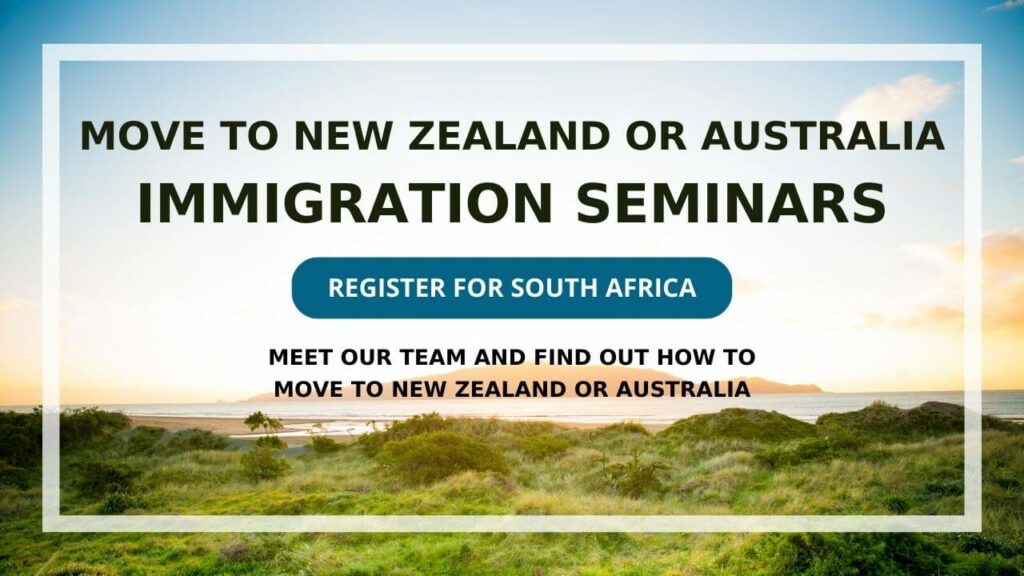The Government has announced it is consulting on proposed changes to temporary migration settings to manage the number and settlement expectations of new migrants coming to New Zealand on Essential Skills work visas. The proposals are also designed to stop the reoccurrence of pools of long-term temporary migrants with no pathway to residence.
The proposals for public consultation, which Cabinet have agreed to in principle, include:
- the introduction of remuneration bands to determine the skill level of an Essential Skills visa holder, which would align with the remuneration thresholds being introduced for residence applicants under the Skilled Migrant Category
- the introduction of a maximum duration of three years for lower-skilled Essential Skills visa holders, after which there will be a minimum stand down period before they can apply for another lower-skilled Essential Skills visa, and
- aligning the ability of Essential Skills visa holders to bring their children and partners to New Zealand, with the new skill levels.
The proposals are designed to continue to enable firms to access temporary migrant workers where they have genuine shortages while reinforcing the temporary nature of work visas and reducing expectations of settlement from temporary migrants with no pathway to residence.
Following consultation changes will be implemented in August this year.
Read the Minister of Immigration's media release
Questions and answers
Why are you proposing these changes?
Current settings have resulted in a pool of low-skilled temporary migrants who have been in New Zealand long-term and become well settled here, but have no pathway to residence. As a result the Government is now consulting on changes to the Essential Skills visa category to better manage the number and settlement expectations of new migrants coming to New Zealand. This follows the announcement of a one-off pathway to residence for some long-term temporary migrants living in the South Island.
How many lower-skilled Essential Skills visa holders will be affected by the proposals?
It is not possible to accurately forecast the exact number.
Data from the last financial year can give an indication of the impact of the proposed maximum duration as there were just over 1,700 lower-skilled workers that had held an Essential Skills visa for three years or more. This number will increase if the proposed remuneration thresholds are agreed to as more workers will be classified as lower-skilled.
How will employers be able to source the labour they need under the proposals?
Immigration policy is premised on a New Zealanders first approach and employers are required to ensure they are doing all they can to train and employ New Zealanders. While lower-skilled Essential Skills work visa holders will have limits on the time they can spend in New Zealand employers will still be able to recruit temporary migrant workers, as long as they can demonstrate there are not New Zealanders available through the labour market test.
Why has three years been proposed as the maximum duration for lower-skilled Essential Skills work visas?
A maximum duration of three years provides a balance between giving visa holders the opportunity to transition to a more highly-skilled Essential Skills visa or obtain residence, while also ensuring that migrants with no pathway to residence do not become well-settled in New Zealand. It also provides employers with sufficient time to recruit new staff or upskill existing staff to fill the role.
Will the proposal to limit lower-skilled Essential Skills visa holders to an initial three-year period affect people already here?
The change would not be applied retrospectively for lower-skilled Essential Skills workers already in New Zealand. The three year maximum duration will start from the date their next lower-skilled Essential Skills visa is granted after the introduction of the changes to the Essential Skills policy.
Why are you restricting the ability of partners and children of lower-skilled migrant workers to come here?
The proposal would reinforce the temporary nature of the visa and reduce expectations of settlement from temporary migrants with no pathway to residence. Lower skilled Essential Skills workers would take up employment in New Zealand with a full understanding that they would not be able to bring their family. Partners and children would still be able to come to New Zealand as a visitor and will only gain a work or student visa if they meet visa requirements in their own right. Removing eligibility for visas for partners of lower-skilled Essential Skills visa holders would potentially provide more opportunities for Kiwis to take on those roles, where they are available.
Will the proposal affect families already here?
Families of Essential Skills visa holders already in New Zealand will be able to remain here for the duration of the work visa holder’s current visa. This will minimise any immediate disruption to families and communities.

